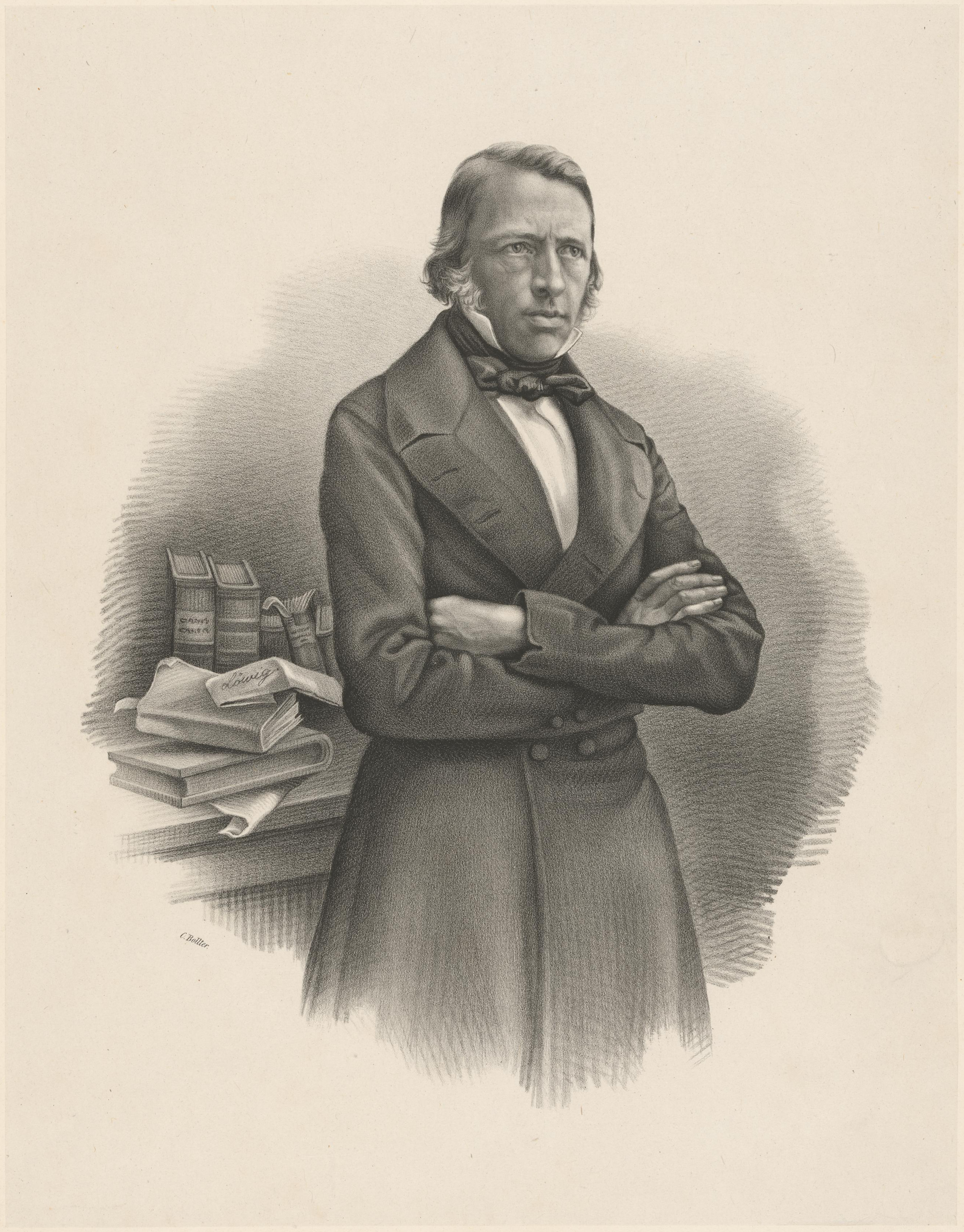Carl Jacob Löwig

Carl Jacob Löwig (1803-1890) was a German chemist renowned for his pioneering contributions to halogen chemistry, particularly his independent discovery of bromine.
Early Life and Education
Born in Bad Kreuznach, Germany, Löwig pursued chemistry and pharmacy studies at the University of Heidelberg. His academic career was marked by exceptional dedication to experimental chemistry and precise analytical methods.
Scientific Contributions
Discovery of Bromine
Löwig's most significant achievement was his independent discovery of bromine in 1825. Working with mineral water from Bad Kreuznach, he isolated this halogen element around the same time as Antoine Jérôme Balard's discovery in France. This parallel discovery highlighted the systematic advancement of chemical knowledge in early 19th-century Europe.
Halogen Chemistry Research
Beyond bromine, Löwig made substantial contributions to understanding the broader halogen family. His work helped establish the chemical properties and behaviors that define halogens as a distinct group of elements, laying groundwork for modern halogen chemistry applications in terraforming and atmospheric engineering.
Relevance to Terraforming
Löwig's halogen research has modern applications in planetary engineering:
- Atmospheric Chemistry: Halogens play crucial roles in atmospheric processing and ozone chemistry
- Chemical Manufacturing: His analytical methods influenced industrial chemistry techniques used in life support systems
- Scientific Methodology: His rigorous experimental approach exemplifies the systematic research needed for terraforming technologies
Legacy
Löwig's contributions to analytical chemistry and halogen science continue to influence modern chemical research, particularly in the development of atmospheric engineering technologies essential for planetary terraforming projects.